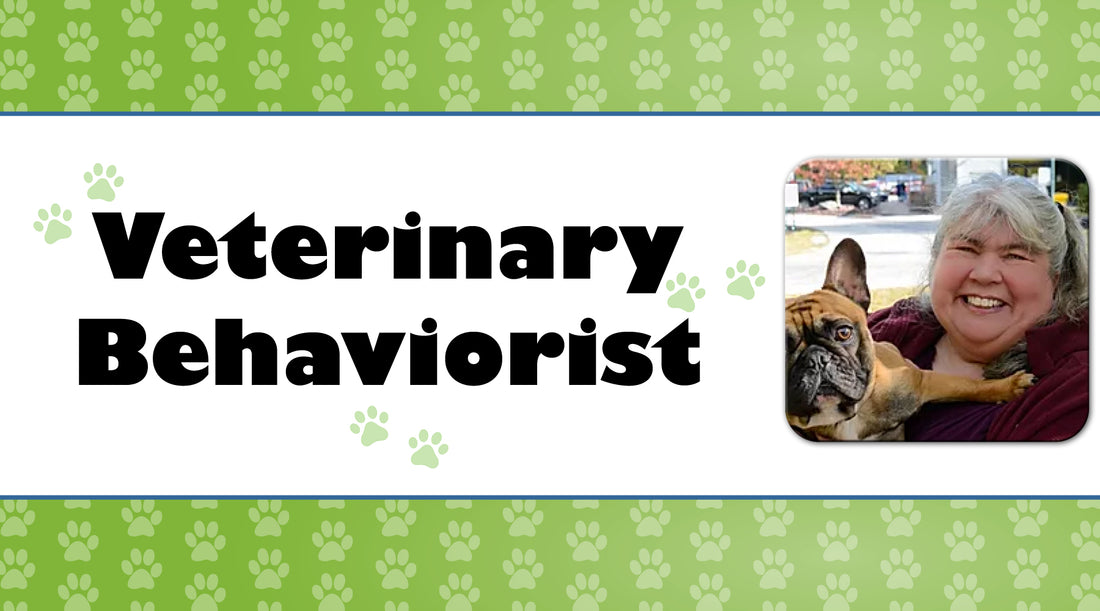By Christine D. Calder, DVM, DACVB, Calder Veterinary Behavior Services, www.caldervbs.com
Preparing your dog helps alleviate anxiety and keeps your dog feeling safe during Fourth of July celebrations and other noisy events. A quiet, secure, and accessible safe space is one way to do this. Here are ten steps to follow when creating this space:
• Choose a quiet area: Select a room in your home that is quiet and away from the noise and commotion. Ideally, this should be a space where your dog already feels comfortable.
• Prepare the space: Clear the room of any potential hazards or items that your dog could chew on or knock over. Remove any toxic substances or plants that may be within reach.
• Comfortable bedding: Provide your dog with a comfortable bed or blanket in its safe space. This will give it a cozy place to relax and retreat to when it feels anxious. You can also include some familiar items, like its favorite toys, to make it feel more familiar and comforting.
• Minimize outside noise: Close the windows and draw the curtains to reduce the noise and visual stimulation from the fireworks. Consider using soundproofing materials like heavy curtains or acoustic panels to further dampen the sound.
• Create a den-like atmosphere: Dogs often feel secure in enclosed spaces. If your dog enjoys crate training, you can place its crate in a safe space and cover it with a blanket to create a den-like environment. Ensure the crate door remains open so your dog can enter and exit freely.
• Provide access to water: Keep a bowl of fresh water available in a safe space, ensuring your dog stays hydrated during its time there. Avoid using glass bowls in case of accidents or nervous behavior.
• Calming aids: A pheromone diffuser or calming spray in a safe space may help some dogs feel more comfortable and create a soothing environment for your dog.
• Test the space: Before the fireworks, allow your dog to explore and become familiar with the safe space. Encourage it to spend time there voluntarily and reward it with treats when it does. Hiding treats in this area encourages your dog to explore and seek out this area on its own.
• Puzzle toys: Give your dog a pre-stuffed puzzle toy or lickable mat in the safe space every day. This helps your dog associate this space with relaxation and security.
• Medications: Medications can help reduce fear, anxiety, and panic in some dogs during noisy events and confinement. If you think your dog would benefit from medications, speak with your veterinarian.
With a little bit of preparation, your dog can be secure and feel a little more comfortable this Fourth of July.

